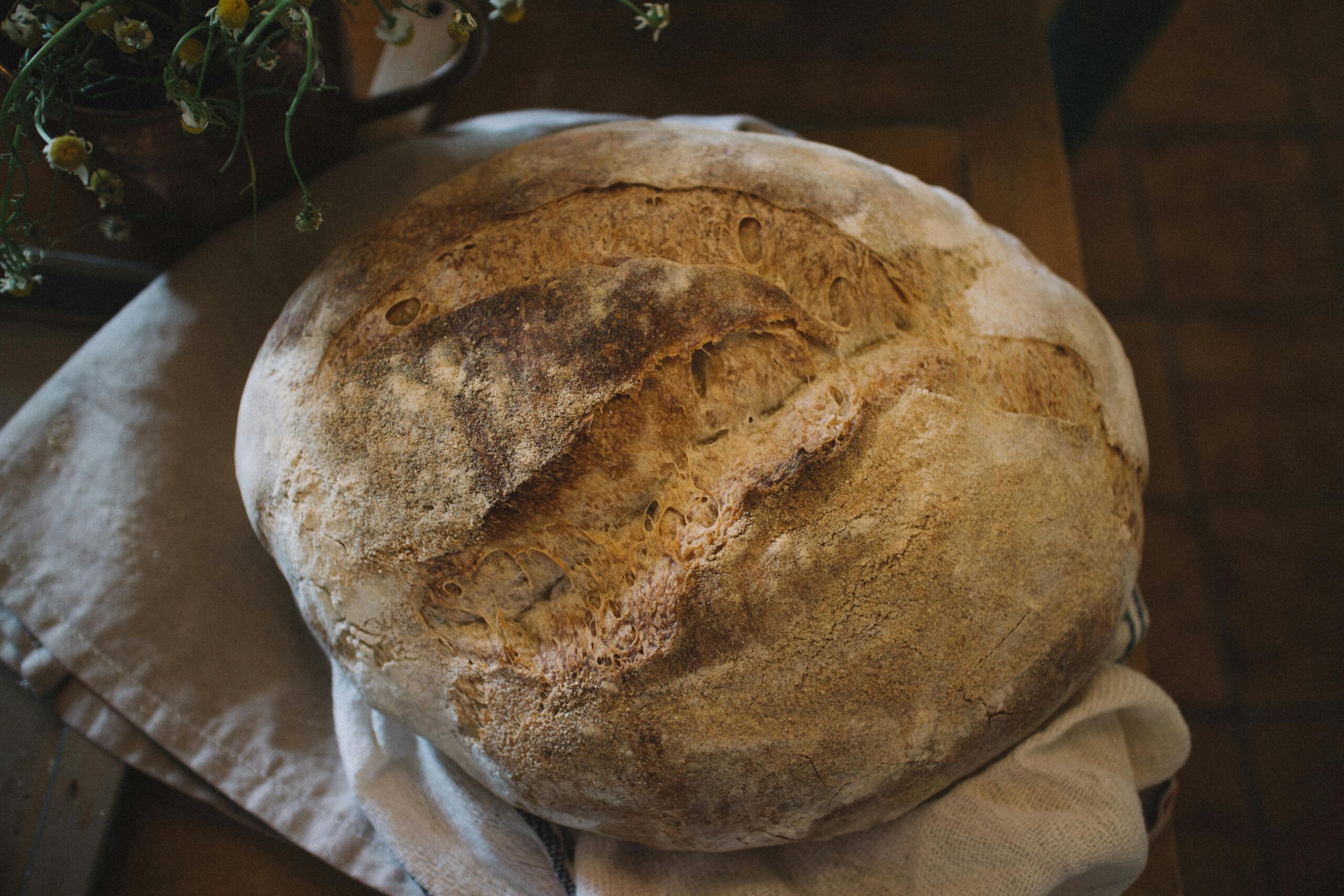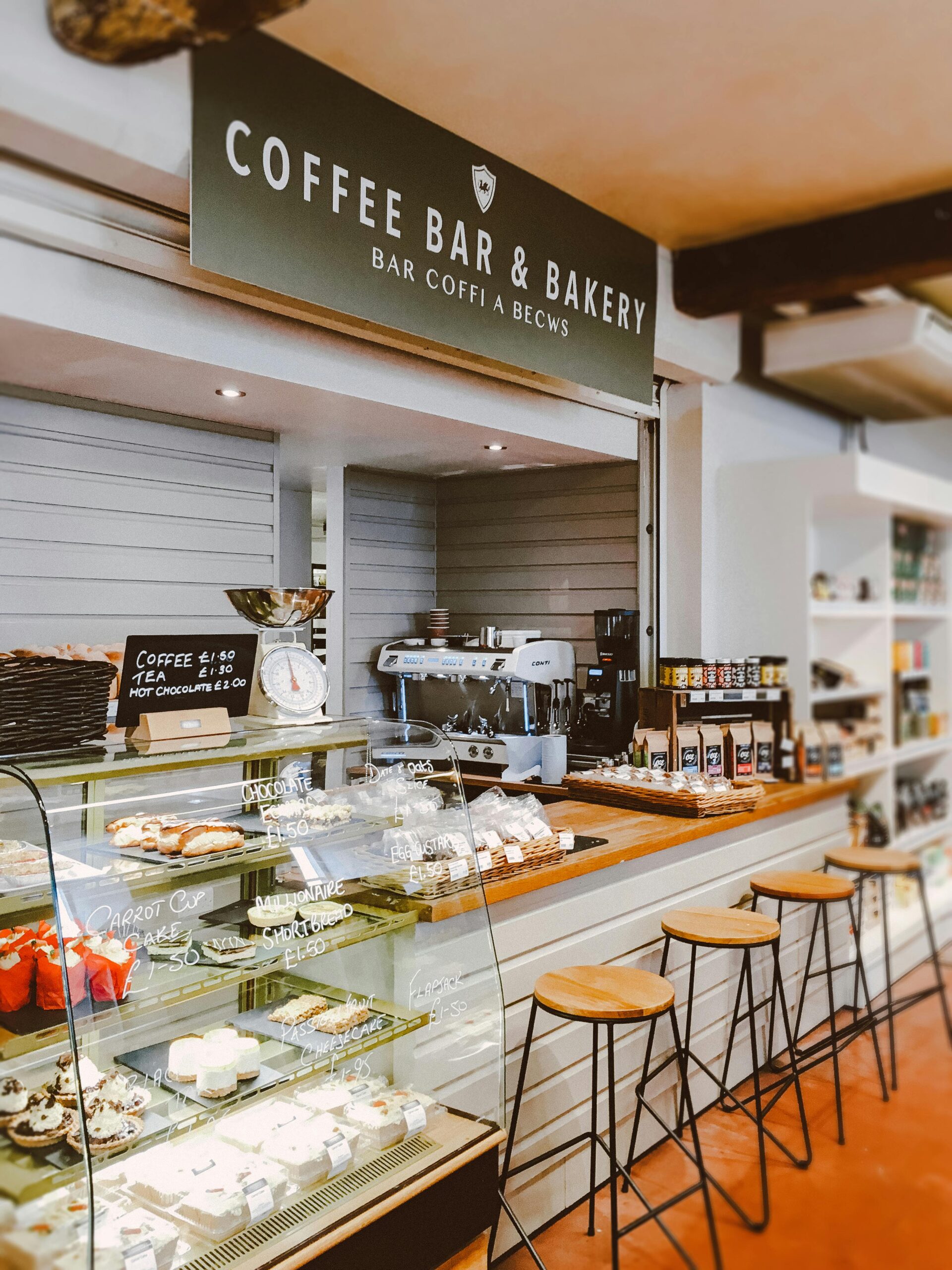Sourdough bread, with its tangy flavor and chewy texture, has captivated bakers and bread lovers for millennia. This ancient bread, known for its natural fermentation process, is more than just a culinary delight—it’s a testament to human ingenuity and the art of food preservation.
The Origins of Sourdough
The history of sourdough bread dates back over 6,000 years to ancient Egypt, where it’s believed to have been accidentally discovered. Early bakers likely left a mixture of flour and water out, allowing wild yeast and bacteria in the air to ferment the dough. The result? A naturally leavened bread with a distinct sour flavor.
Sourdough quickly became a staple in ancient diets. Its long shelf life made it ideal for societies reliant on bread as a primary food source. Over time, the method spread across civilizations, with each culture adding its unique twist.
A Journey Through Cultures
- Egypt and the Mediterranean: The Egyptians were pioneers of sourdough baking, using stone-ground grains to create hearty loaves. This method spread to the Greeks and Romans, who further refined bread-making techniques.
- Europe: In medieval Europe, sourdough bread became a daily staple. Bakers passed down their starters—a mixture of flour, water, and yeast—through generations, keeping the tradition alive.
- The Americas: During the Gold Rush era in the mid-1800s, sourdough bread gained popularity among miners and pioneers. Its durability and rich flavor made it a cherished companion on long journeys. San Francisco became synonymous with sourdough, with its unique climate producing a signature tang.
The Science Behind Sourdough
What sets sourdough apart from modern breads is its fermentation process. Wild yeast and lactic acid bacteria work together to leaven the dough and create its signature tang. This natural fermentation breaks down gluten, making sourdough easier to digest for many people compared to commercially yeasted breads.
Modern Revival
In recent years, sourdough has experienced a renaissance among home bakers and artisanal bakeries. The COVID-19 pandemic spurred a global baking trend, with many people turning to sourdough as a comforting, hands-on activity. Beyond its flavor, sourdough’s health benefits and connection to ancient traditions continue to draw enthusiasts. If you can’t find a good local option to find it consider ordering from reputable online shops: Goldbelly: Delivers sourdough from famous bakeries across the U.S.
Sourdough bread is more than a food; it’s a link to our shared history and an enduring symbol of the craft of baking. From ancient Egypt to today’s kitchens, sourdough reminds us of the beauty of simplicity and the wonders of natural fermentation. So the next time you enjoy a slice, remember—you’re part of a story thousands of years in the making.





